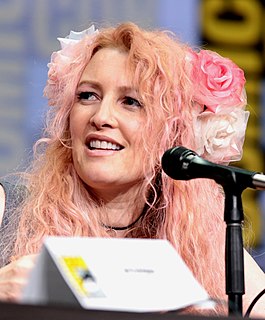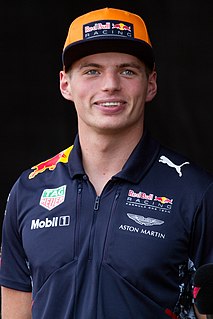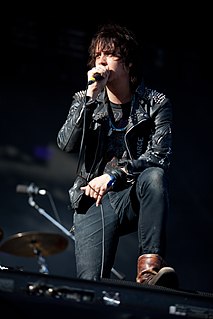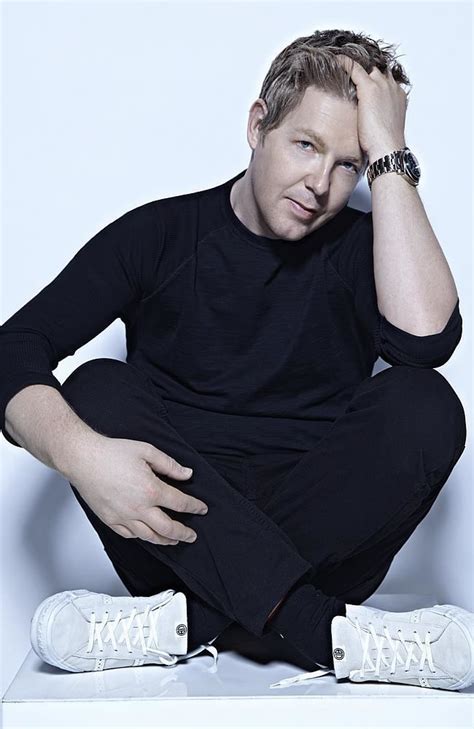A Quote by Tyra Banks
I think of dystopian as 'Mad Max,' as 'Book of Eli,' as the world is ending.
Related Quotes
What tends to happen when people talk about Chinese sci-fi in the West is that there's a lot of projection. We prefer to think of China as a dystopian world that is challenging American hegemony, so we would like to think that Chinese sci-fi is all either militaristic or dystopian. But that's just not the reality of it.
It's always easiest for me as a writer if I know I have a great ending. It can make everything else work. If you don't have a good ending, it's the hardest things in the world to come up with one. I always loved the ending of 'The Kite Runner,' and the scenes that are most faithful to the book are the last few scenes.
They stood there for a while, not saying anything. Then Eli said: 'Do you want to come in?' Oskar didn't reply. Eli pulled on her T-shirt, lifted her hands, let them fall. 'I'm never going to hurt you.' 'I know that.' 'What are you thinking about?' 'That T-shirt. Is it from the trash room?' '...yes.' 'Have you washed it?' Eli didn't answer. 'You're a little gross, you know that?' 'I can change, if you like.' 'Good. Do that.
The first comic I can remember ever reading was a 'Fantastic Four' issue that my dad bought out of the drugstore once. The thing that struck me about it was that the ending wasn't an ending. It was essentially a cliffhanger. It was the first time I had ever read anything like that, where you read a book, but the book isn't the book.
A lot of the book [The Yoga of Max's Discontent] is about karma and rebirth. Things like that are very attuned to my life as an Indian, but when I approach it from a perspective of a Westerner, then I have a skeptical, yet kind of novice view on it. I think that choice really liberated the story to be its own story. A lot of the conclusions that Max reaches on his own are not mine at all. So, I think that allowed the story to take on its own momentum, to have its own propulsive force.










































